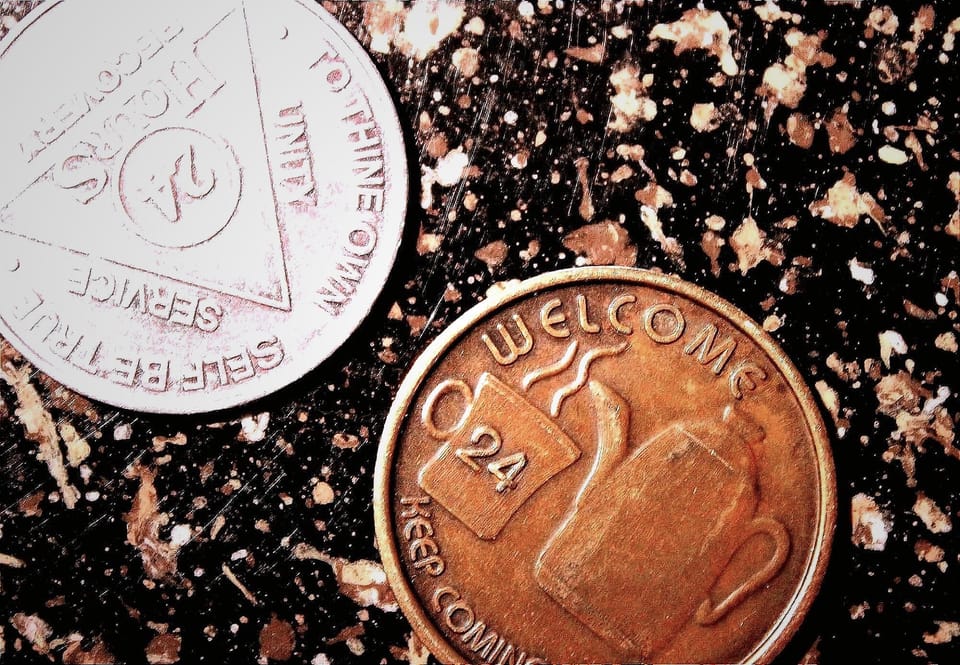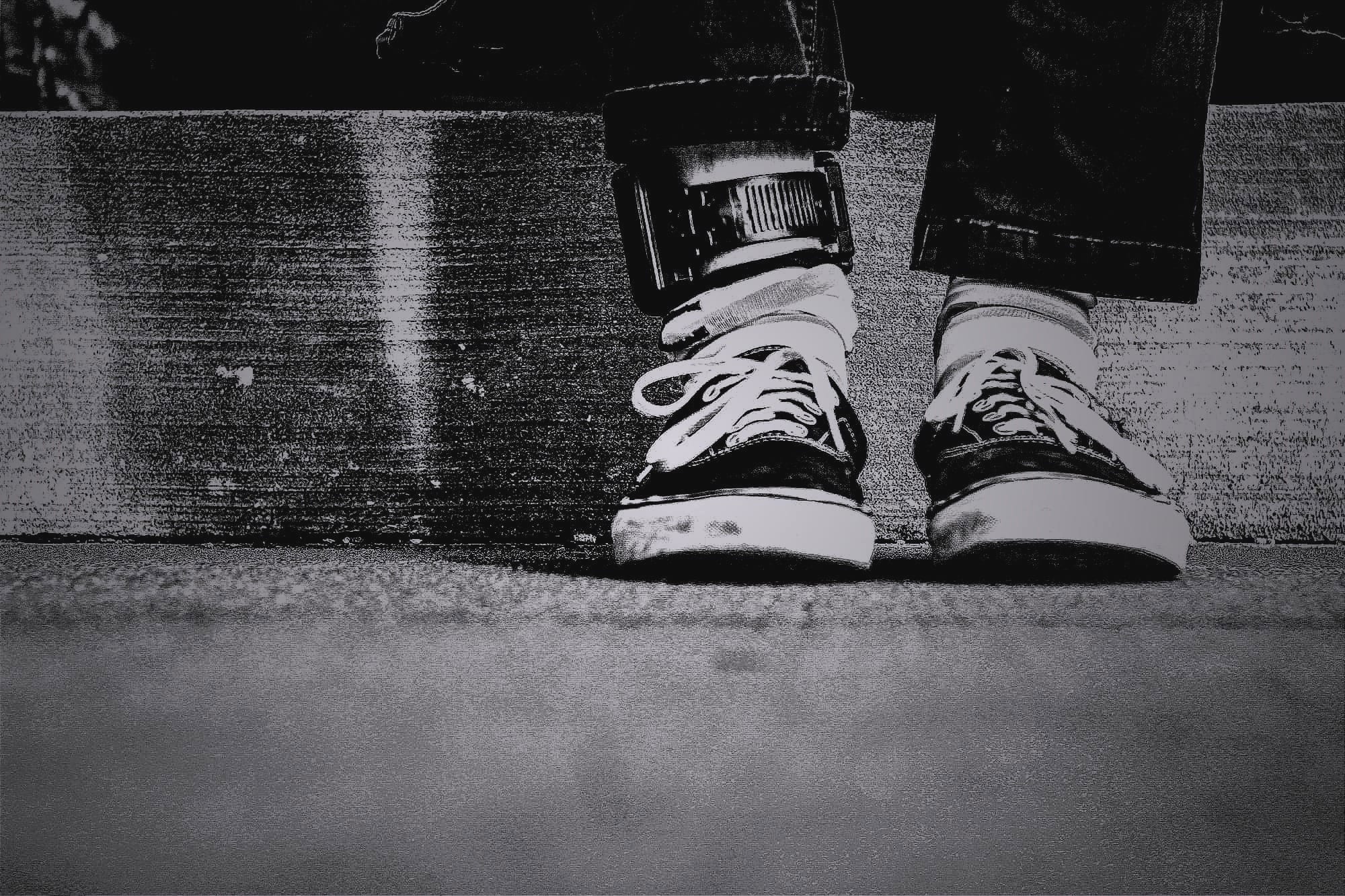Damaged 🚧

"My favorite drink is the next one."
—Meme
> how to hug a man | trust
Maintaining sovereignty in sobriety means realizing that life still sucks in sobriety.
Many drunks and addicts are devastated to realize they still can't meet the expectations of loved ones who fixate on unscientific interpretations of "a better person."
- "I repair and then I damage again," a man at an AA meeting said one night.
Family and friends can innocently and unintentionally become a threat that leads to relapse.
The alcoholic doesn't just have to worry about fighting the urge to drink. They have to worry about the inevitable lack of understanding from loved ones and people in their communities, too.
We can't expect everyday people to become educated on the science of addiction. We have to live within their narrow perceptions and understandings.
Scientists since the early 20th century have been studying the relationship between alcohol and families and seeking new treatment models.
Today researchers point to at least three cognitive biases that can fuel addiction and relapse:
- Cues and associations may elicit a natural-feeling hunger for alcohol.
- Our minds may automatically give more attention to alcohol cues.
- We may automatically gravitate toward alcohol from neutral cues.
Researchers wrote in 2011 that if people can’t or won't at least attempt to counter these biases, "the addictive behavior is likely to continue."
Like with every other facet of our lives, our minds can rapidly become our own worst enemies.
- next time "They lost a fistfight with a casino elevator."
- listening Orchid "Sign of the Witch"
>> full series | alerts | playlist / social | tip jar

